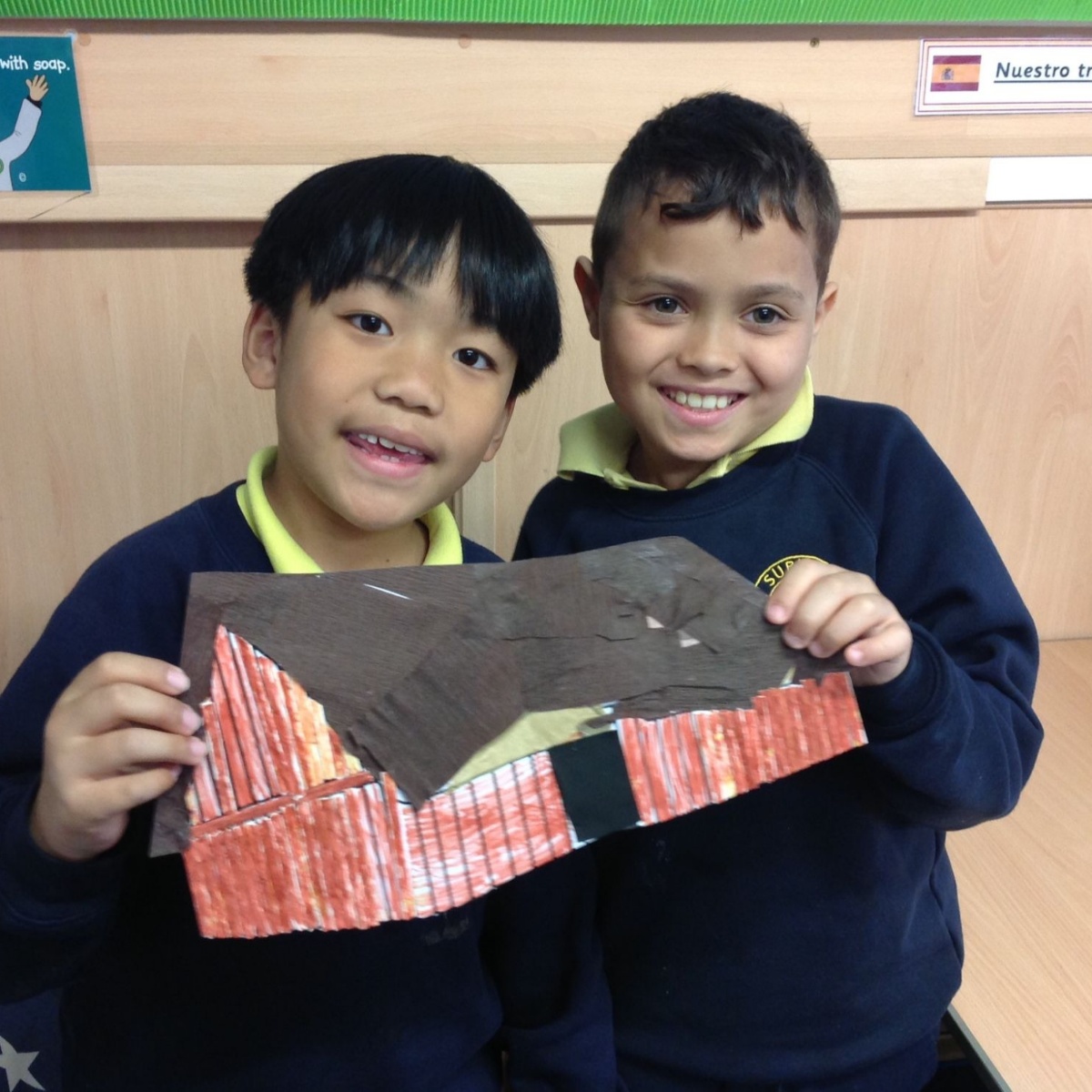There's something magical about growing up in the suburbs. It's where childhood memories are made, friendships blossom, and life feels just a little bit simpler. Suburb baby age is more than just a phase; it's a lifestyle that shapes who we become. If you've ever wondered what makes suburban living so special for young ones, you're in the right place. Today, we're diving deep into the world of suburb baby age and uncovering everything you need to know.
Picture this: tree-lined streets, spacious backyards, and the sound of laughter echoing through the neighborhood. For many, suburb baby age represents the golden years of childhood. It's a time when life revolves around playground adventures, bike rides, and family gatherings. But what exactly defines suburb baby age, and how does it impact the development of young minds? Let's find out.
In this article, we'll explore the nuances of suburb baby age, from its benefits to its challenges. Whether you're a parent considering a move to the suburbs or simply curious about this unique stage of life, we've got you covered. So grab a cup of coffee, sit back, and let's embark on this journey together.
- Marie Temara Onlyfans A Comprehensive Guide To Her Career Content And Achievements
- Camilla Araujo Of Leaks Unveiling The World Of Digital Whistleblowing
Here's a quick rundown of what we'll cover:
- What is suburb baby age?
- The benefits of suburban living for young children
- Challenges faced by suburb baby age families
- How suburb baby age impacts social and emotional development
- Top activities for suburb baby age kids
- Key statistics about suburb baby age
Understanding Suburb Baby Age: A Quick Overview
So, what exactly is suburb baby age? Simply put, it's the phase of life when young children grow up in suburban environments. This period typically spans from infancy to early adolescence, and it's marked by a unique blend of safety, community, and opportunity. Suburb baby age is all about creating a nurturing environment where kids can thrive.
Living in the suburbs offers a distinct advantage for families with young children. The emphasis on community, outdoor activities, and quality education sets suburb baby age apart from urban or rural living. But don't just take our word for it—studies show that suburban environments can significantly enhance a child's development. According to a report by the National Bureau of Economic Research, children raised in suburbs tend to perform better academically and socially compared to their urban counterparts.
- Unveiling The World Of Mms Video A Comprehensive Guide
- Smart School Boy 9 The Rise Of The Future Generation
Of course, suburb baby age isn't without its challenges. From limited cultural diversity to the potential for over-scheduling, there are aspects to consider. But with the right approach, these challenges can be navigated with ease. Let's dive deeper into the benefits and drawbacks of suburb baby age in the sections below.
Benefits of Suburban Living for Suburb Baby Age
Let's talk about the good stuff first. Suburb baby age comes with a host of advantages that make it an attractive choice for families. Here are some of the top benefits:
Safe and Secure Environment
One of the biggest draws of suburb baby age is the emphasis on safety. Suburban neighborhoods often boast lower crime rates, well-maintained parks, and a strong sense of community. This creates a secure environment where kids can explore and grow without constant supervision. Plus, the presence of neighborhood watch programs and community events fosters a sense of belonging that's hard to find elsewhere.
Access to Quality Education
When it comes to education, suburb baby age has a lot to offer. Many suburban school districts are known for their high academic standards and extracurricular opportunities. From advanced placement classes to state-of-the-art facilities, suburban schools provide a solid foundation for young learners. And let's not forget about the emphasis on parental involvement—suburban parents are often more engaged in their children's education, leading to better outcomes overall.
Plenty of Outdoor Space
Suburb baby age is all about getting outside and enjoying the fresh air. With spacious backyards, community parks, and nature trails, there's no shortage of opportunities for outdoor play. This is crucial for physical development, as well as mental and emotional well-being. Studies show that children who spend time outdoors are less likely to experience anxiety and depression, making suburb baby age a win-win for both parents and kids.
Challenges of Suburb Baby Age
While suburb baby age has its perks, it's not without its challenges. Here are some of the common hurdles families may face:
Limited Cultural Diversity
One of the biggest criticisms of suburb baby age is the lack of cultural diversity. Many suburban neighborhoods tend to be homogeneous, which can limit a child's exposure to different perspectives and experiences. To combat this, parents can actively seek out opportunities for cultural enrichment, such as visiting museums, attending festivals, or participating in exchange programs.
Over-Scheduling
Suburb baby age can sometimes lead to over-scheduling, as parents strive to provide their children with every possible opportunity. Between soccer practice, piano lessons, and after-school clubs, kids can quickly become overwhelmed. It's important to strike a balance between structured activities and unstructured playtime to ensure that suburb baby age remains a positive experience.
Transportation Dependence
Another challenge of suburb baby age is the reliance on cars for transportation. Unlike urban areas, suburbs often lack public transit options, making it difficult for families to get around without a vehicle. This can be particularly challenging for working parents who need to juggle work, school, and extracurricular activities. However, with careful planning and carpooling, this challenge can be managed effectively.
Social and Emotional Development in Suburb Baby Age
Suburb baby age plays a crucial role in shaping a child's social and emotional development. The combination of community support, outdoor play, and quality education creates an ideal environment for growth. Here's how suburb baby age impacts these key areas:
Building Strong Relationships
Suburb baby age fosters strong relationships through community involvement and neighborhood interactions. Whether it's attending block parties or participating in school events, kids have ample opportunities to build friendships and develop social skills. These relationships often last a lifetime, providing a solid foundation for future interactions.
Developing Independence
Living in the suburbs allows children to develop a sense of independence at an early age. With the freedom to explore their surroundings and make choices about their activities, kids in suburb baby age learn valuable life skills. This independence is further supported by the availability of resources like libraries, community centers, and recreational facilities.
Enhancing Emotional Resilience
Suburb baby age also contributes to emotional resilience by providing a supportive environment where kids can express themselves freely. The emphasis on mental health and well-being in suburban communities ensures that children have access to the resources they need to thrive emotionally. From school counselors to community support groups, there are plenty of options for addressing emotional challenges.
Top Activities for Suburb Baby Age Kids
When it comes to keeping suburb baby age kids entertained, the possibilities are endless. Here are some of our top recommendations:
- Outdoor adventures: hiking, biking, and camping
- Creative pursuits: art classes, music lessons, and theater workshops
- Sports and fitness: soccer, basketball, and swimming
- Community involvement: volunteering, charity events, and neighborhood clean-ups
These activities not only keep kids engaged but also promote physical, mental, and emotional well-being. Plus, they provide opportunities for social interaction and skill development, making suburb baby age even more rewarding.
Key Statistics About Suburb Baby Age
Let's take a look at some fascinating statistics about suburb baby age:
- According to the U.S. Census Bureau, approximately 50% of American children live in suburban areas.
- A study by the National Center for Education Statistics found that suburban students outperform their urban and rural counterparts in reading and math proficiency.
- Research from the American Psychological Association indicates that children who spend at least two hours a day outdoors experience lower levels of stress and anxiety.
These statistics highlight the many benefits of suburb baby age and underscore its importance in shaping young minds.
Parenting Tips for Suburb Baby Age
Raising kids in the suburbs requires a unique set of skills and strategies. Here are some tips for making the most of suburb baby age:
Encourage Outdoor Play
Make sure your kids spend plenty of time outdoors. Whether it's building a treehouse, playing catch, or simply running around the yard, outdoor activities are essential for healthy development.
Foster Community Connections
Get involved in your community by attending local events and participating in neighborhood activities. This will help your kids build strong relationships and develop a sense of belonging.
Balance Structure and Freedom
While structured activities are important, it's equally crucial to allow your kids the freedom to explore and make their own choices. This balance will help them grow into confident, independent individuals.
Final Thoughts: Embracing Suburb Baby Age
In conclusion, suburb baby age offers a unique blend of benefits and challenges that make it an ideal environment for raising young children. From the emphasis on safety and community to the abundance of outdoor opportunities, there's much to love about this stage of life. However, it's important to be aware of the potential drawbacks and take steps to address them.
As you navigate suburb baby age, remember to prioritize your child's social, emotional, and physical well-being. Encourage outdoor play, foster community connections, and strike a balance between structure and freedom. By doing so, you'll help your child thrive in this special phase of life.
So what are you waiting for? Embrace suburb baby age and create lasting memories with your family. And don't forget to share your thoughts and experiences in the comments below—we'd love to hear from you!
- Facecheck Id Your Ultimate Guide To Identity Verification Solutions
- Best Remote Iot Vpc Ssh Raspberry Pi Free Setup Guide


